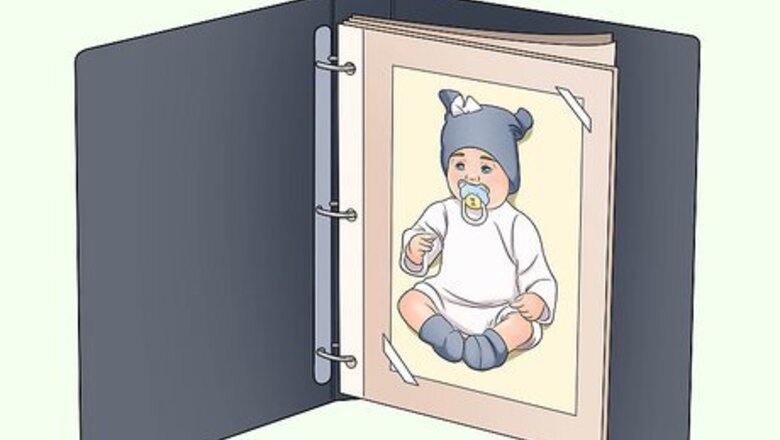
views
X
Expert Source
Giselle BaumetMindset & Wellness Coach
Expert Interview. 13 December 2021.
Even if you don't consider yourself to be artistic, it's easy to create something touching and beautiful. With new digital services available there are now a variety of simple and creative ways to create a baby memory book. In order to create a baby memory book, you should choose the style of book, decide what to include in the book, and design the layout of the book.
Choosing the Style of Book
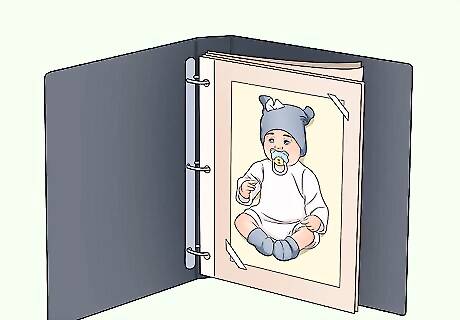
Make a scrapbook. If you are crafty and interested in hand-making the baby book, a scrapbook is a great option. This style requires an album, printed photos, and art/craft supplies to put together an original and unique baby memory book. You can also purchase a premade baby book, if you don’t want to make the whole thing from scratch. Simply fill in the information and add photos to a premade baby memory book. Premade baby memory books can be purchased at a variety of baby and bookstores.
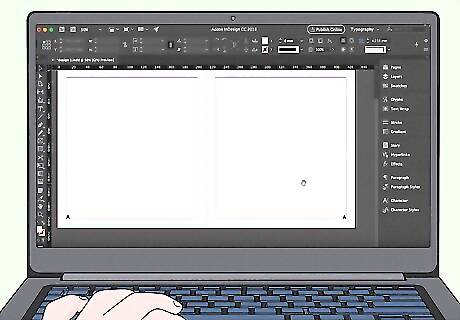
Create a baby book using a digital computer program. One way to make a memory book is by using a computer program that provides digital templates. Some programs will even allow you to make your own template from scratch. Once completed, you can keep it as a digital memory book or print out a hard copy. Try one of these programs: MyMemories Suite, Memory Mixer, iPhoto,Microsoft Word or Publisher, or Adobe inDesign.
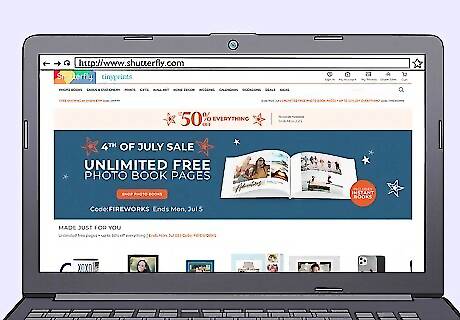
Design and order a self-published baby book. There are online self-publishing platforms that you can use to create custom photo memory books. For example, you could use one of these sites: Shutterfly.com, Blurb.com, Mixbook.com, or Pinholepress.com. You design your book through their website and then they print it and mail it to you.
Deciding What to Include in the Baby Book
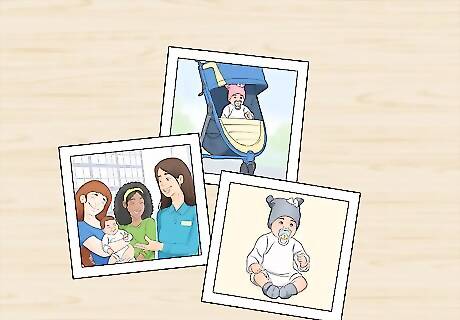
Choose your photos. Photos are an important part of a baby memory book. You should choose high quality and significant photos to capture your baby’s growth and development. This will help tell the story of your child’s early life. You can choose a theme, or include a little bit of everything. For example, you could include: Pregnancy photos. An ultrasound photo. Photos from the hospital. The first day your baby comes home. Pictures with different family members. Photos taken during holidays and special occasions. Pictures that capture your baby’s milestones (i.e. first time sitting, standing, haircut, etc.). A monthly photo of your baby from their first year of life.
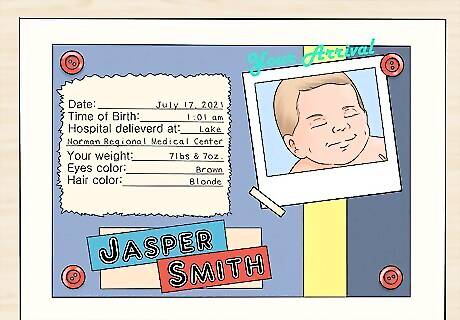
Document birth information. Include a page with important details about your baby’s birth. For example, you could include the location or hospital name, name of doctor and nurses, time and date of birth, the baby’s weight and length at birth, and the baby’s hair and eye colour.
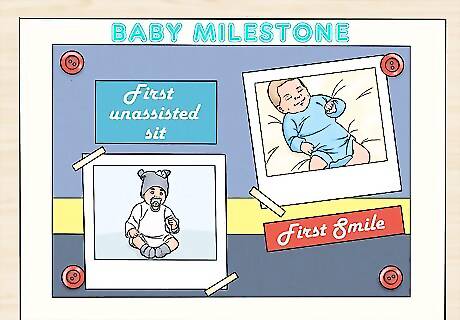
Record major milestones. There are significant milestones in your baby’s development that you can include in a memory book. These ‘firsts’ are things you will want to remember and are interesting to look back on. Possible milestones to include are: first smile, first laugh, first time sitting up, first time sleeping through the night, first tooth, first solid food, first time crawling, first words, first steps, first haircut, first birthday, etc.
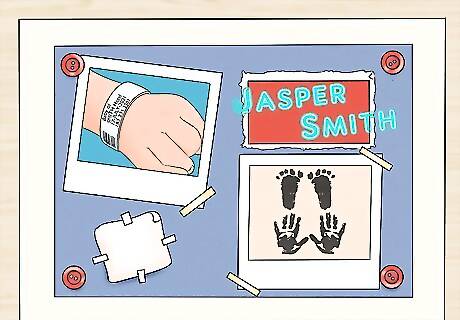
Consider other keepsakes and mementos. Besides photos and birth stats you may want to include other significant items from your baby’s early life. For example, hospital bracelet, lock of hair, handprints and footprints, umbilical cord, birth announcement, newspaper notice, etc. These items are connected to your baby and will invoke memories of that time. You could also cut a small piece of fabric from their favourite blanket or article of clothing, once they have outgrown it, to include in their memory book.

Write notes, journal entries, and/or stories. One way to add a unique personal touch to a baby book is to include anecdotes and stories about your baby and your experiences navigating parenthood. For example, you could include a more detailed note about your baby’s first night sleeping at home. Alternatively, you could provide more details about your baby’s personality. For example, write about any songs, games, characters, animals, TV shows, etc. that your baby enjoyed.
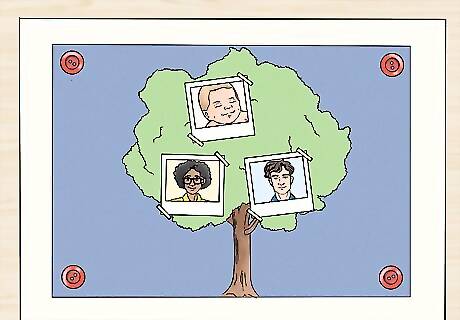
Include a family tree. Provide a list or photographs of close family members. For example, you could list the names of the baby’s parents, grandparents, siblings, aunts, uncles, and cousins. As you expand your family, it can also be interesting to look back at its beginnings. If you are artistic, you can draw a tree and then label the family members on different branches. You could also download a family tree template to use.
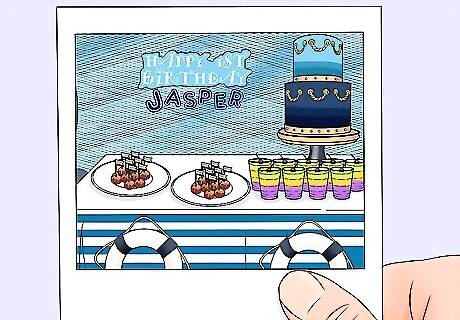
Record major world events from that year. In order to set the context of your baby’s first year, you can list major world events. This way, when you are reminiscing years later you can recall what else was going on at that time. Place this information at the end of your baby's first year, so that it does not disrupt the flow of the memory book. Newspaper articles may be a helpful resource. For example, you could include: Natural disasters, major political events, or movie/song of the year. Any famous events that occurred specifically on your baby’s birthday. The names of famous people who were born on the same day as your baby.

Be creative and have fun. This is your creation so feel free to add any other information that relates to your baby and that you want to capture in their memory book.
Designing the Layout
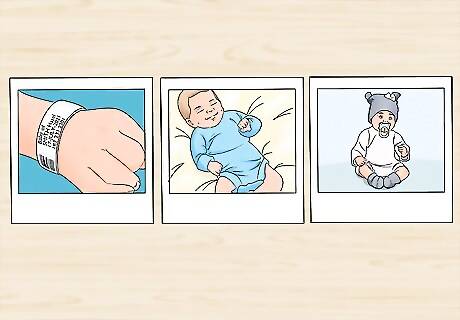
Use a chronological layout. This will show the progression of your baby’s first years and how they changed and grew over that time period. Start the book with the pregnancy or the birth of the baby and have the book continue over the course of the baby’s first year or years. If you adopted your baby, you could begin with adoption forms or the first day you met your baby.
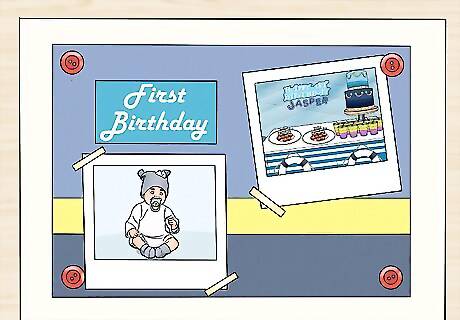
Highlight important events. You can have themed pages in the memory book that focus on specific events or occasions. For example, a page dedicated to Christmas, a family vacation, or birthdays. Photos can also be displayed in groups according to themes, not just chronologically. For example, you could have a “playing with siblings” page that contains photos spanning over time. Include captions that describe each event.

Group similar items together. If you are creating a memory book with more than just photos you should group items together. For example, if you include a lock of your baby’s hair you can pair it with a photo of your baby’s first haircut and a related story or anecdote about that experience. This will help to keep the book organized.
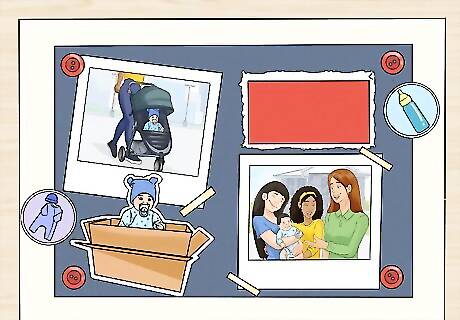
Add decorations. Making a baby memory book is a creative activity. Have fun with it by adding decorations and your own artistic flare. Use decorations that reflect a general baby theme, such as stickers or images of teddy bears, toys, rattles, bottles, pacifiers, ABC blocks, etc. To add a personal touch, include drawings as embellishments. You can also decorate certain pages to compliment their theme. For example, a bath time page could be decorated with bubbles, rubber duckies, and water drops. Consider using pastel colours, such as light blue, pink, green, yellow, grey, etc.











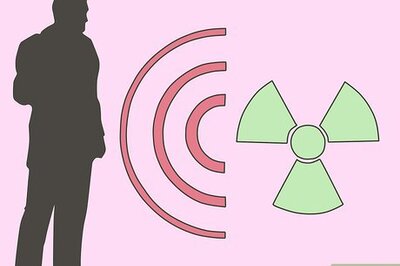

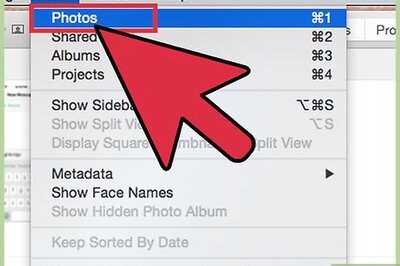




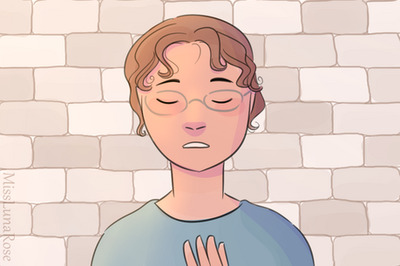
Comments
0 comment